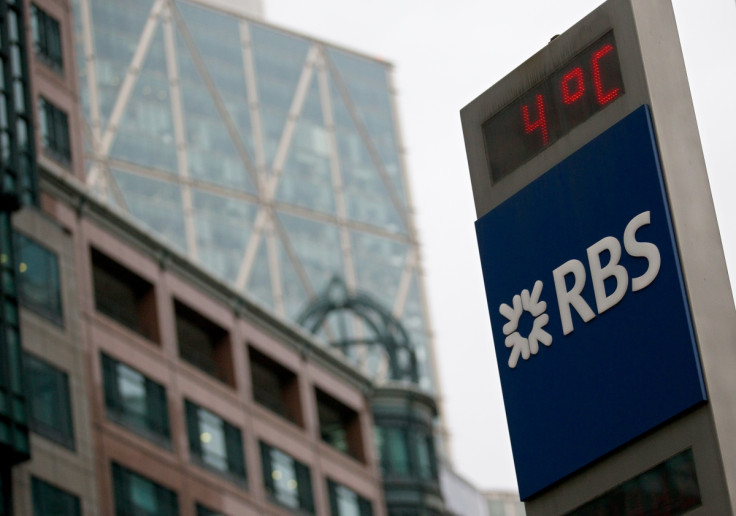UK government converts RBS shares in push for accelerated privatisation

The Royal Bank of Scotland (RBS) announced the Treasury has told the bank to convert a big chunk of its series B shares to ordinary voting shares to make them more appealing to possible investors. The move indicates that George Osborne's Exchequer is pushing for a more speedy privatisation of the bank.
State-backed RBS said that 51 billion of its non-voting series B shares at 10p each will be swapped for 5.1 billion ordinary shares, worth £1 each. The move means that the UK government's stake will be entirely made up of ordinary shares, owning almost 73%, or 11.6 billion shares.
On Friday (9 October), RBS's share price was trading 1.1% up during midday trading. The thought behind the conversion is that private investors are more likely to buy voting shares, in order to have a say in the bank's management.
Osborne announced on Monday (5 October) that the government is selling £2bn (€2.7bn, $3bn) worth of shares in Lloyds Bank. In 2008, the Labour government bought 43% of the bank's stake for £20.5bn, to prevent the bank from going bust.
The Tory government seems keen on selling off its stake in big banks to pay off national debt and narrow the deficit. In August, Osborne kicked off the sale of RBS by selling the first £2.1bn chunk of shares at 330p each.
Although the chancellor received scrutiny for the low selling price, well below the 502p at which Lloyds shares were trading before the bailout, he has hit back at critics, saying that the government did not bailout RBS to make a profit, but to save the bank in 2008.
The first round of shares accounted for 5.2% of the government's stake in RBS and presents a loss of about £1.1bn to taxpayers. The selling price was more than 2% below the value of shares at the time of sale.
Osborne said in August that the privatisation is the right thing to do for the taxpayer and for British businesses. He said: "It will promote financial stability, lead to a more competitive banking sector, and support the interests of the wider economy. Now is the time for RBS to rebuild itself as a commercial bank, no longer reliant on the state, but serving the working people of Britain."
© Copyright IBTimes 2024. All rights reserved.







